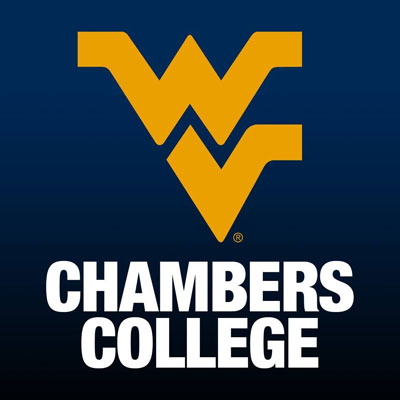The West Virginia University Center for Free Enterprise welcomed approximately 30 economics Ph.D., master-level and undergraduate students from WVU and universities across the country over the past week to the first Summer Empirical Workshop.
The center, which is housed within the College of Business and Economics, saw participation from faculty members and policy workers as well in the inaugural event.
“Through this workshop, we have offered students continued training in some of the most practical areas of empirical research that are often not parts of formal empirical training, especially in programs where empirical research is not the centerpiece,” Dr. Gregory DeAngelo, assistant professor of economics at B&E and a center-affiliated faculty member said. “It’s a service we’re offering to students in an educational environment to help teach them and bridge the gap between ideas for research and actually doing the research.”
The week-long workshop was organized by DeAngelo and Dr. Bryan McCannon, also a center-affiliated faculty member, and assistant professors of economics at B&E. Faculty members Drs. Daniel Grossman, Brad Humphreys, Adam Nowak, and Brad Price also presented research topics and methods such as web scraping, designing surveys, running field experiments and using observational data.
While aiming to broaden the empirical research skills of undergraduate and graduate students, the workshop also offered the opportunity for the WVU Center for Free Enterprise and its faculty members to collaborate with expert economists from other institutions. Dr. Laura Gee, an assistant professor of economics at Tufts University in Massachusetts, and Dr. David Huffman, a professor of economics at the University of Pittsburgh, also served as presenters and advisors to these students, offering guidance on their research ideas.
“It’s a great workshop to give graduate students some tools that they may be missing in terms of ability to do empirical research, and I also think that the workshop showed the graduate students a little bit more about how to use the tools. It’s not just enough to tell them about these tools; it takes some practice to get the hang of using them,” Huffman said. “A lot of the professors presenting are using some of their own research as examples, so the students can see not just how to do the techniques, but how the
professors use them. It kind of provides a model for them.”
Workshop attendees arrived onsite, ready to roll their sleeves up and dig into their own research ideas and questions. And by the end of the week, they walked away with a better understanding of how to perform their research and the mechanisms that are available.
“This week we’ve been trying to give these students a better toolkit to go out there and answer the questions they have — policy-relevant questions and the tools they use to be able to answer those questions,” Gee said. “I think it went really well. The students have been really engaged. A lot of them are at different stages in their careers, which is great because I think they’ve been able to teach each other things, too. Some are finishing up undergrad, and others are about to get their Ph.D. degrees, so they’ve been able to help each other, as well as get help from us as the instructors,” Gee said.

